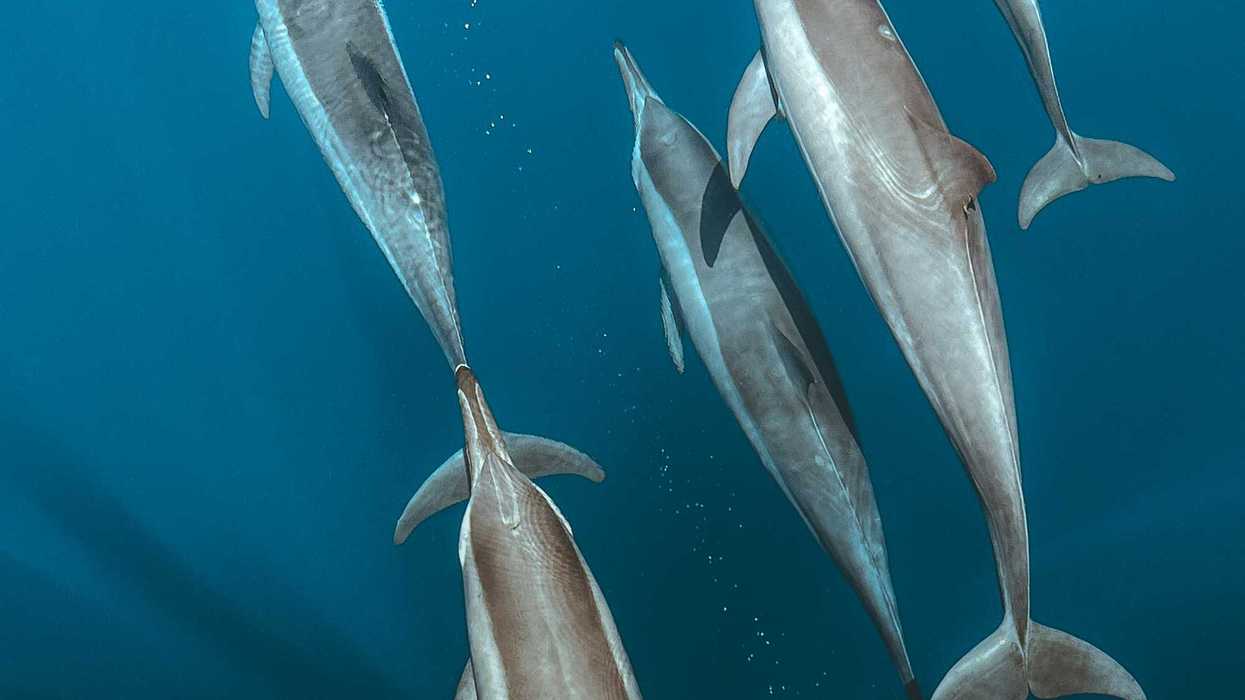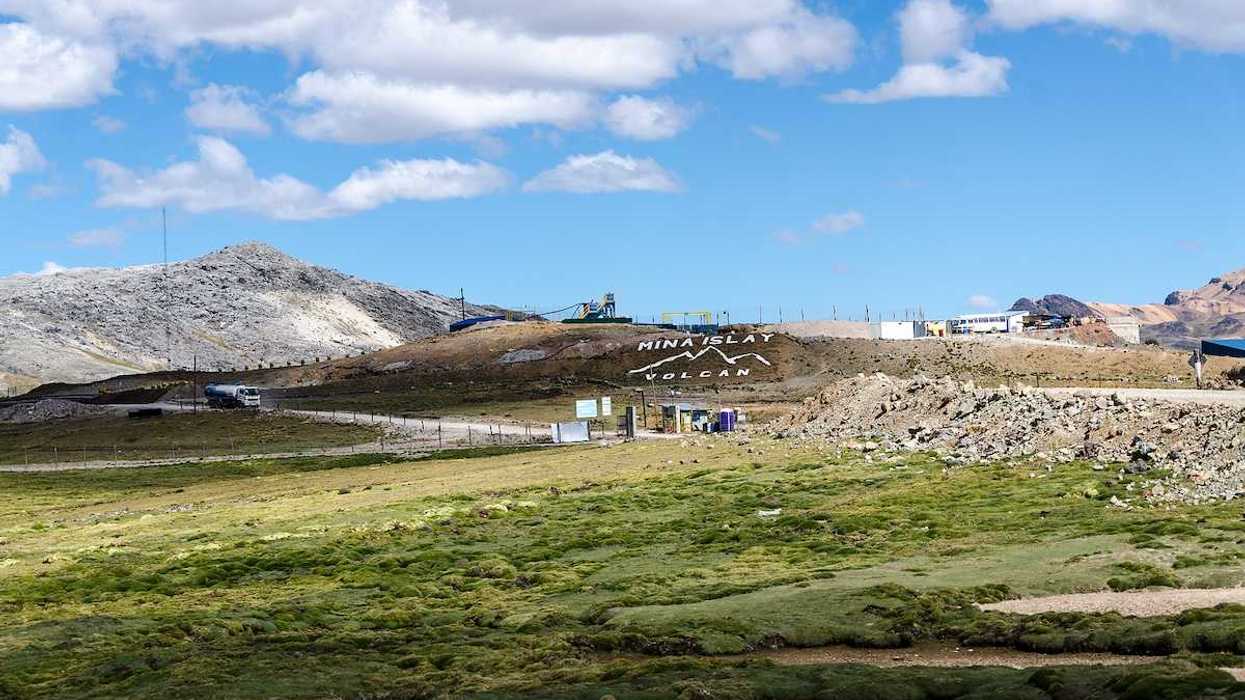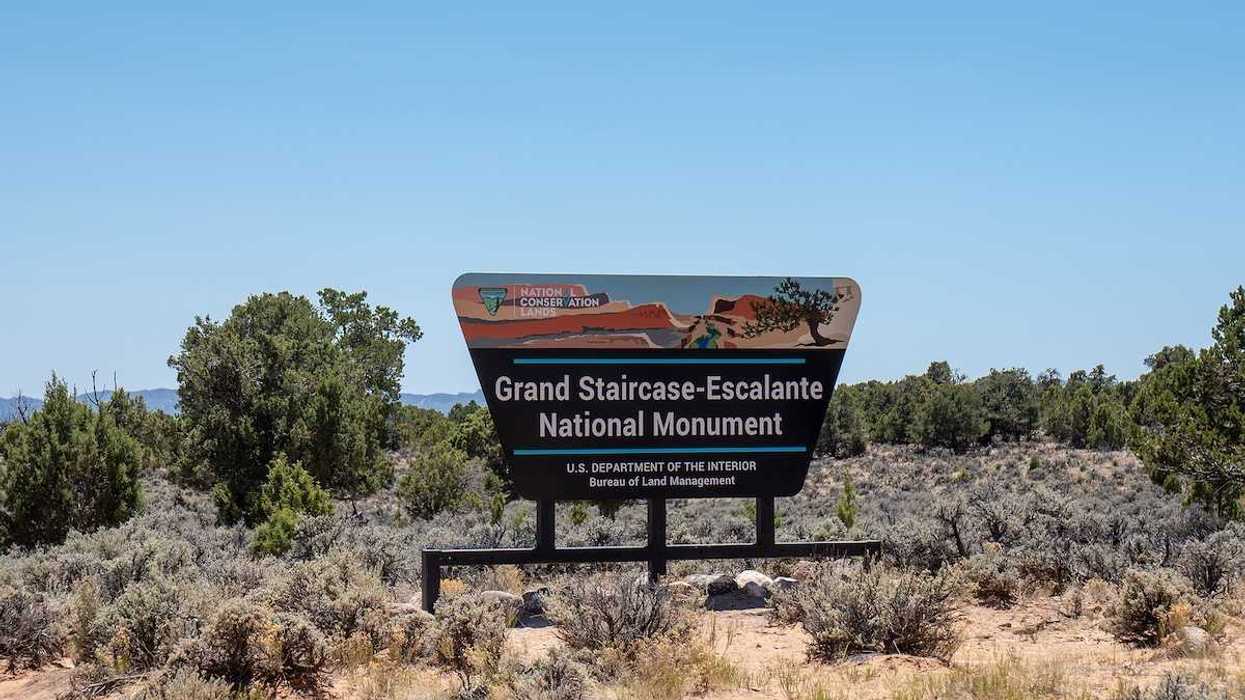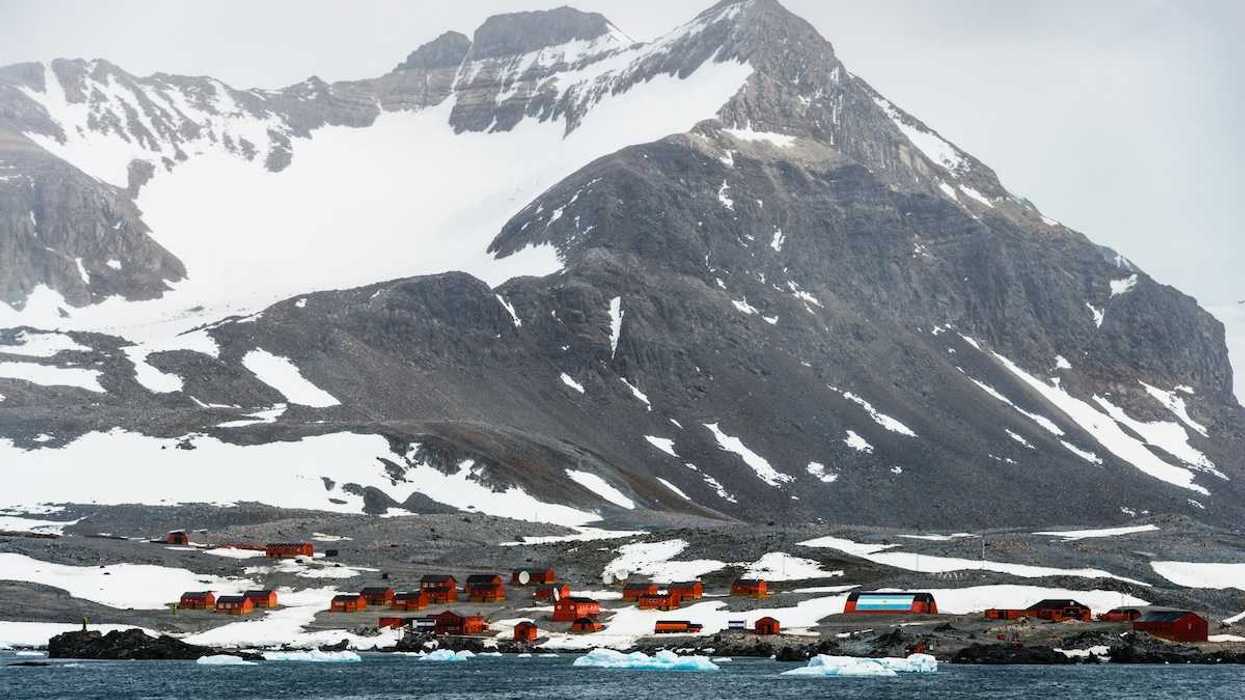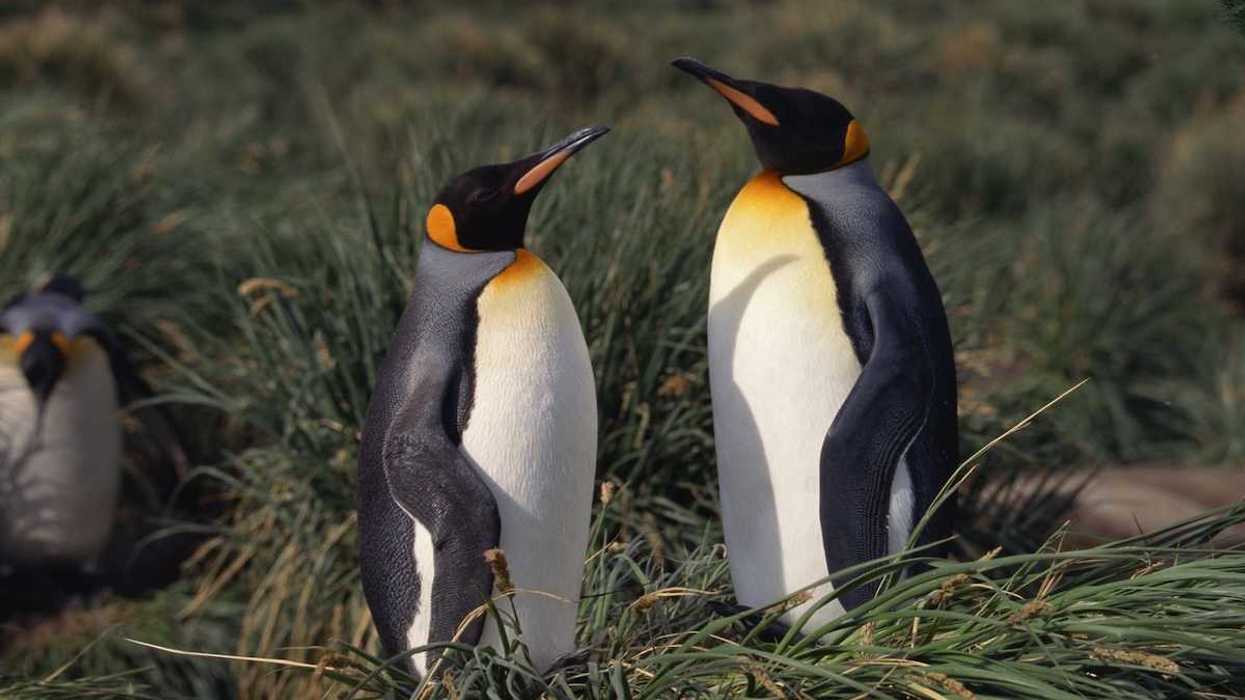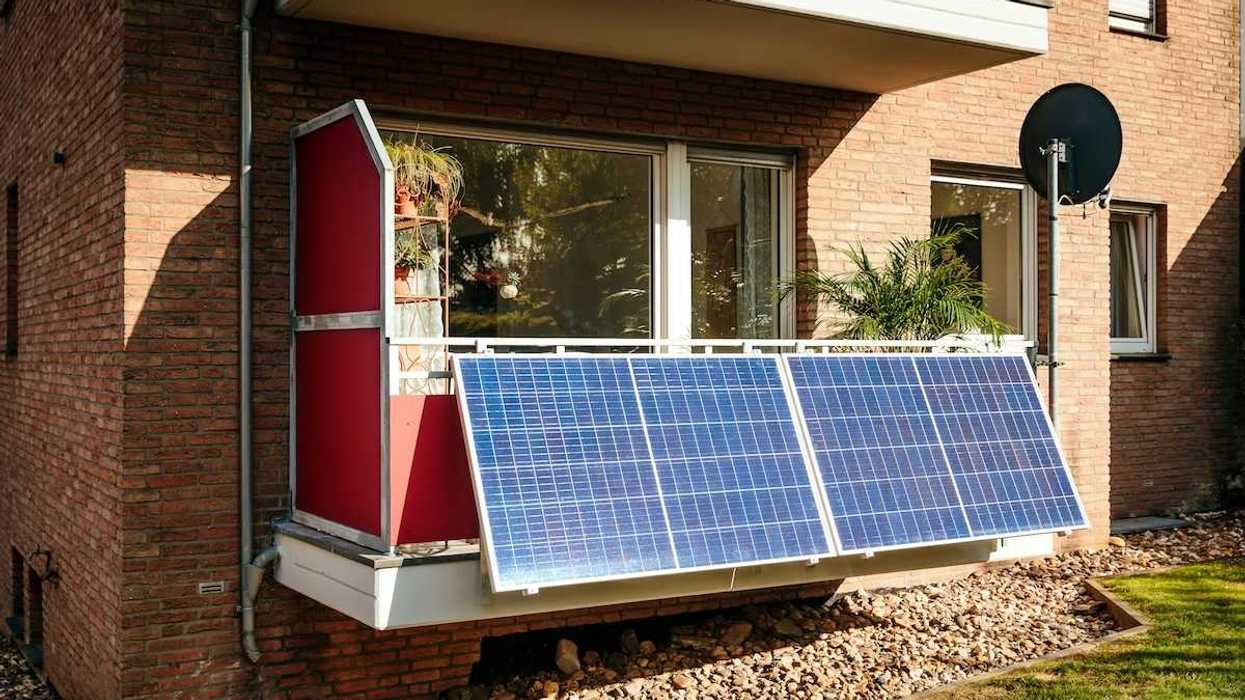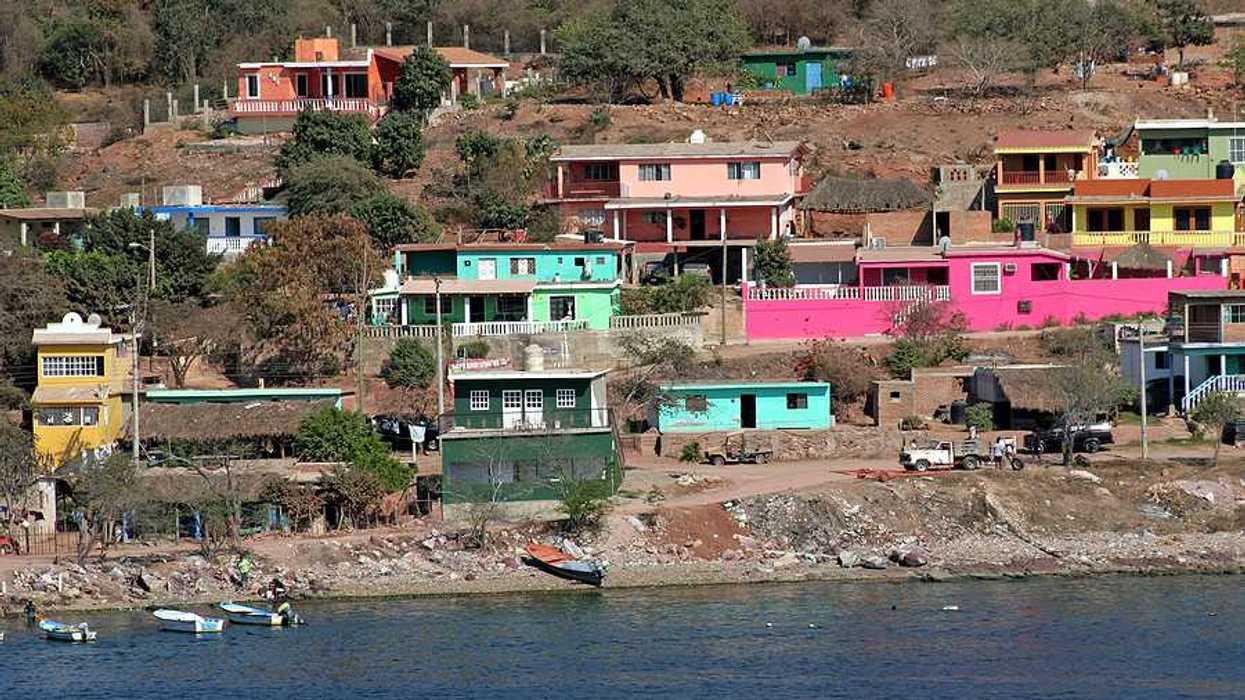Faced with mounting extinction threats, scientists propose a lunar biorepository to preserve Earth’s biodiversity as a safeguard against climate change and other disasters.
Tanya Procyshyn reports for The Guardian.
In short:
- A team of international experts has suggested creating a lunar vault to store frozen biological samples of endangered species, offering a backup against terrestrial threats like climate change and war.
- The moon’s cold environment could preserve these samples without human intervention, ensuring they remain viable for future cloning and biodiversity restoration efforts.
- Although costly and challenging, the proposal aims to protect biodiversity while urging continued efforts to preserve species on Earth.
Key quote:
“If you say: I’m going to do it this way, and it doesn’t work, what’s plan B?”
— Dr. Mary Hagedorn, Smithsonian’s national zoo and conservation biology institute
Why this matters:
As climate change and habitat loss accelerate species extinction, safeguarding biodiversity becomes crucial for the planet's ecological balance. A lunar biorepository offers a unique but controversial solution by protecting genetic material from disasters that threaten Earth's existing conservation efforts.
Related EHN coverage:


